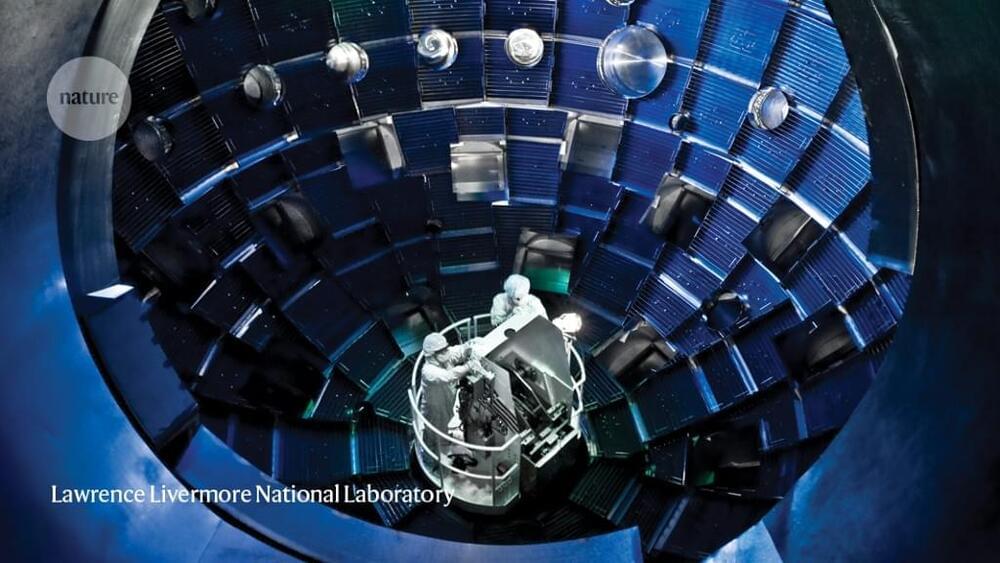Housed at Lawrence Livermore National Laboratory, the US$3.5-billion facility wasn’t designed to serve as a power-plant prototype, however, but rather to probe fusion reactions at the heart of thermonuclear weapons. After the United States banned underground nuclear testing at the end of the cold war in 1,992 the energy department proposed the NIF as part of a larger science-based Stockpile Stewardship Program, designed to verify the reliability of the country’s nuclear weapons without detonating any of them.
With this month’s laser-fusion breakthrough, scientists are cautiously optimistic that the NIF might live up to its promise, helping physicists to better understand the initiation of nuclear fusion — and thus the detonation of nuclear weapons. “That’s really the scientific question for us at the moment,” says Mark Herrmann, Livermore’s deputy director for fundamental weapons physics. “Where can we go? How much further can we go?”
Here Nature looks at the NIF’s long journey, what the advance means for the energy department’s stewardship programme and what lies ahead.
